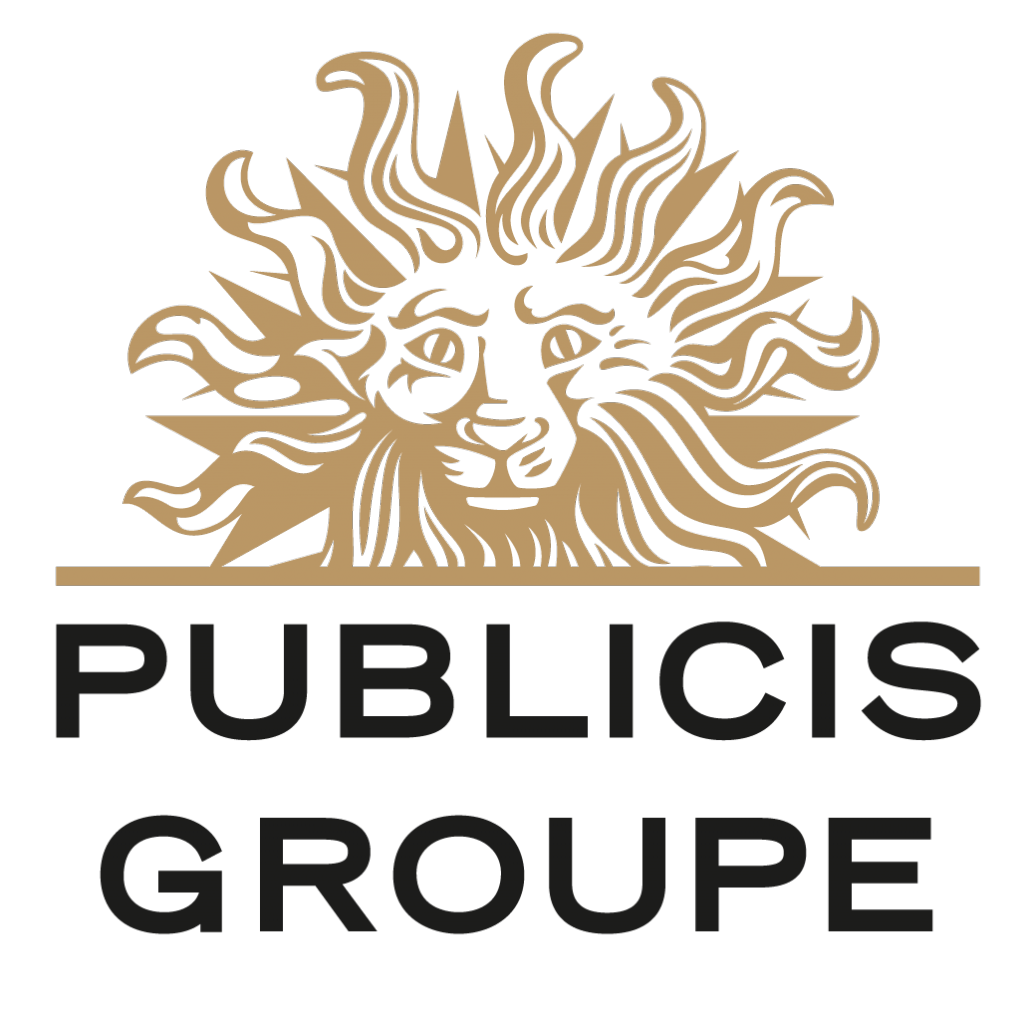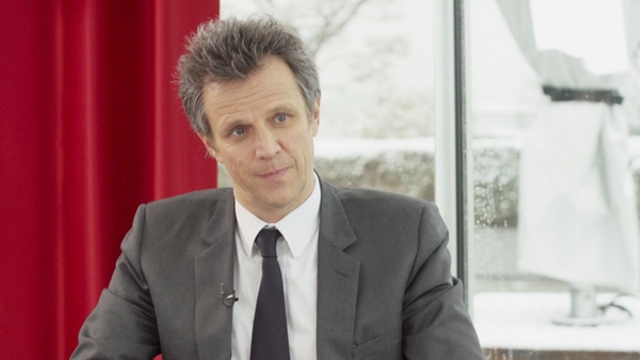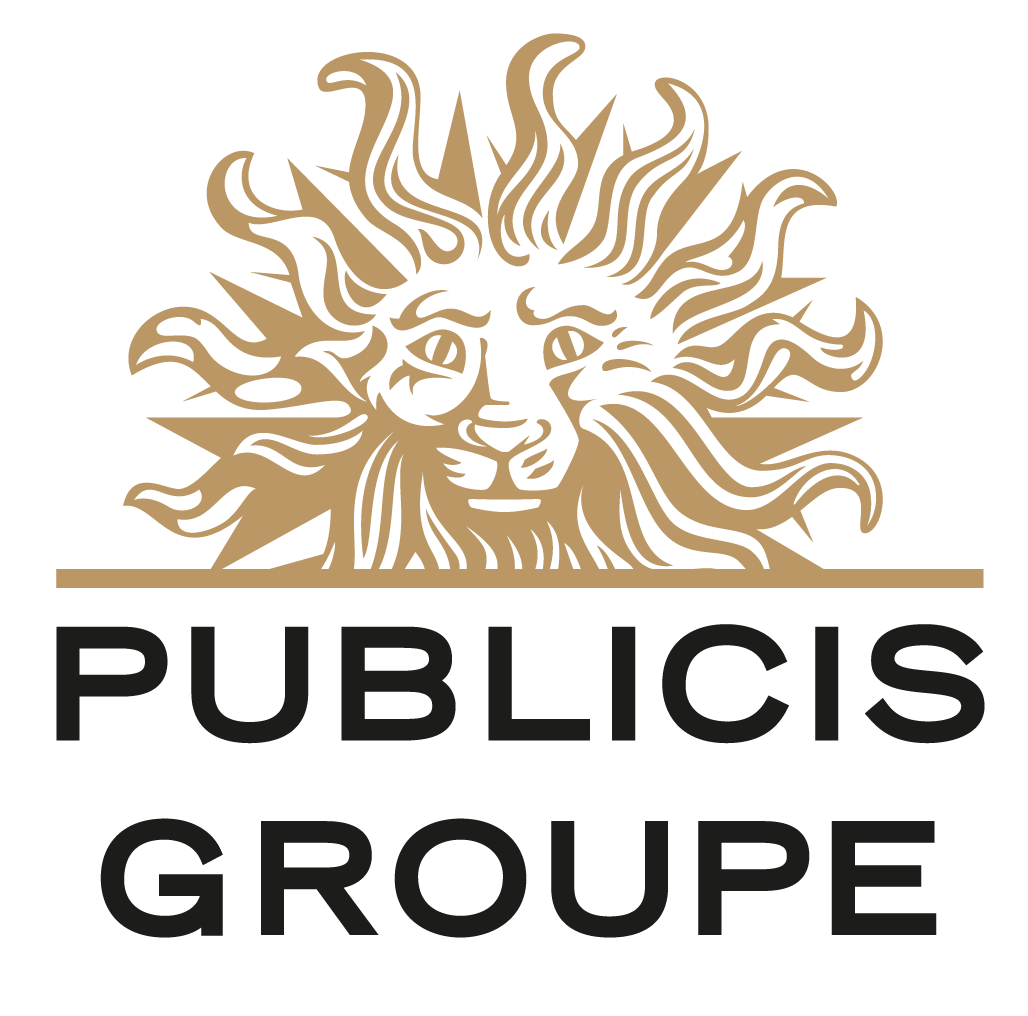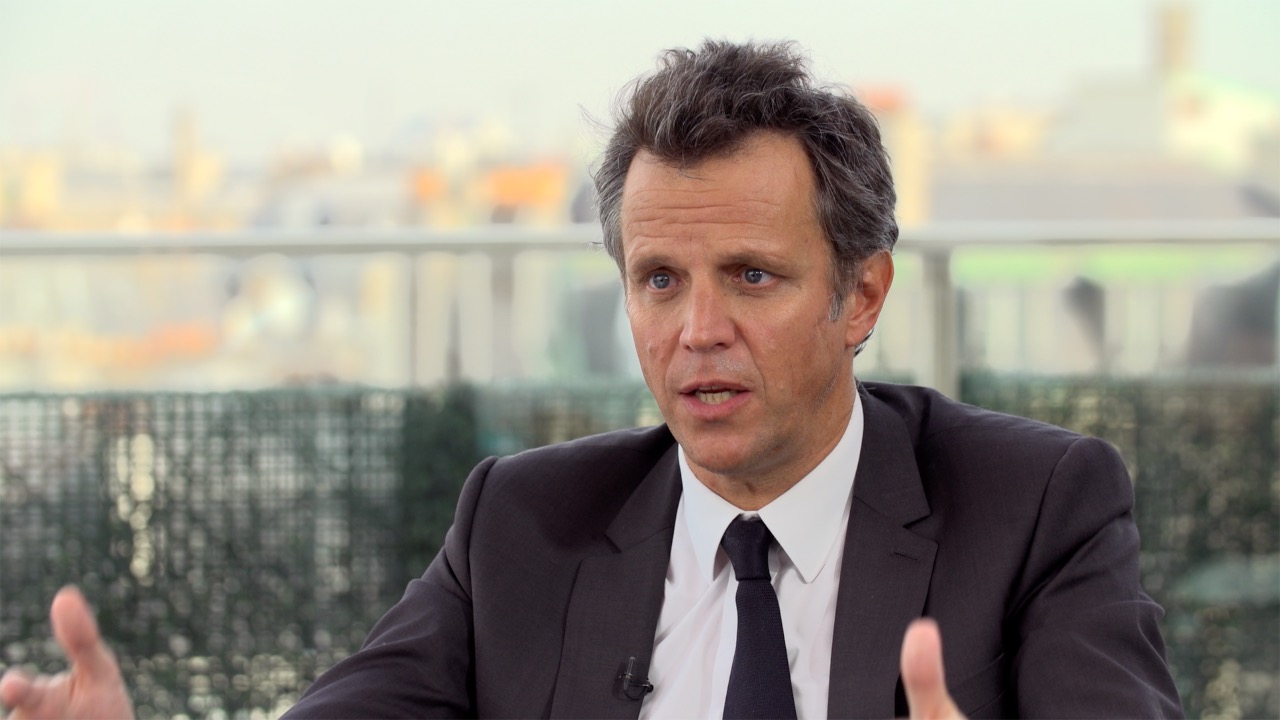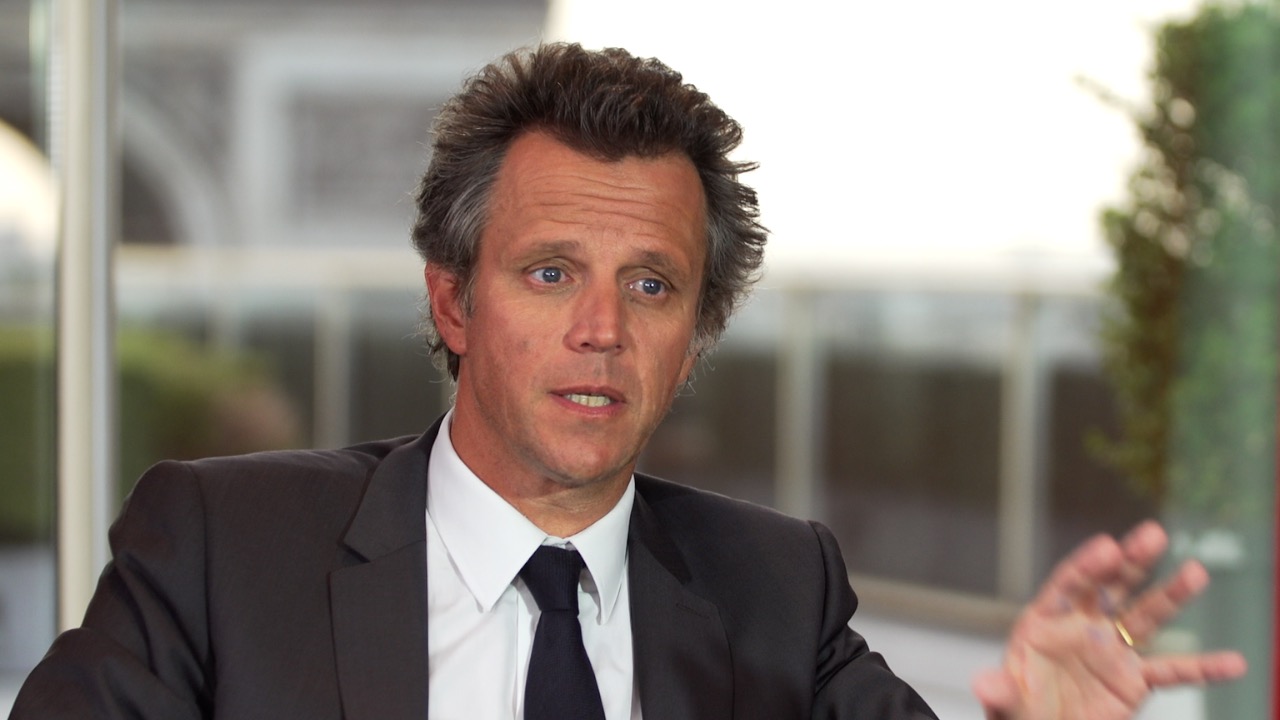EuroBusinessMedia (EBM): Publicis Groupe, the world’s fourth largest advertising company just reported revenue for the 3rd quarter. Maurice Levy, welcome. You are the CEO of Publicis Groupe. What are your comments on the company's overall performance in the 3rd quarter?
Maurice Lévy (ML): As you know, there has been a lot of noise about the current situation and the crisis which is now attacking the real economy. We had a much better Q3, much better than we anticipated and much better than we could fear based on the comments made by the press and economists. We have posted a 3.9% organic growth for the third quarter and September by itself was positive, with very good growth in emerging markets and excellent growth in digital. In total for the full year to-date - 9 months - we have a 4.9% organic growth, which is close to the 5%, and if we look at the total growth of the company - excluding the difference on exchange rates - we are posting 6.8% for the first 9 months of the year. One thing which is also very positive is that, as you know, we had a worry regarding Healthcare, and for the first time, Healthcare communication is close to the sea level of last year. So we have, as we anticipated, as we told the market, stopped the decline of Healthcare.
EBM: Investors are worried that the current financial crisis may act as a "trigger event" which makes your clients cut their ad spending. Are you already seeing this happen? How are your clients generally behaving today?
ML: Compared to the previous crises, advertisers are behaving in a very different way. In the past they were making very tough, harsh decisions, a little bit brutal. Today they are not panicking, and they are making decisions while at the same time they are protecting their bottom line. So they do cut, but they cut in a very clever way in order not to put at risk their market share. They know that if they cut too harshly, the end result is that they will loose their market share and the cost of getting back to the level will be very expensive. So they are behaving in a way which is far from panicking.
EBM: Would you say that you are better able to resist today than you were say in the early 90's or in 2001-2002? How has your business model evolved since then, and are your margins and revenue base more robust today than they were in previous economic downturns?
ML: Publicis went through a lot of crises and when you look at all these crises, we have resisted much better. And I believe that this time we should resist even better than in the past, for a lot of reasons. Obviously the first one is the fact that a large chunk of our revenues come in from fees, and if we look at only 2000, we had much more of our revenues coming from commissions. The second aspect is the long lasting relationship we have with our clients and the fact also that our portfolio of clients is highly diversified, with a big chunk of our revenue coming from what I would call the “resilient economy”. The fourth aspect is that all our operations are clearly differentiated – this is “Viva la Difference !” So we can react specifically to each of the operations with, on top of that, something which is very important, which is that we are working with a very small group, very committed – highly committed - and acting as a team. So the P12, which is making all the decisions of the group, encompasses all the CEOs of the main operations, so when we are making a decision it is in fact implemented almost immediately. The last aspect is that a few years ago we made two very important strategic decisions; one which is to invest heavily in; the second which is to strengthen our operation in the emerging market, and as a matter of fact we have more than 40% of our revenues which are coming from the only sectors which will still grow in 2009. So we believe that we are better shaped than most of our competitors to face these difficult times.
EBM: Precisely, no one really knows yet whether digital ad spending holds up better or worse than traditional ad spending during an economic downturn. What are your expectations concerning digital?
ML: Digital is a new world and we should not compare digital to what digital was in 2000. In 2000 digital was mainly websites and some funny things and obviously when the market collapsed, everything collapsed. Today there is the Google of the world, there is the Yahoo of the world, and the MSN and we are all looking for addressing the communication to the end users through search and through different ways of communication. And this communication is highly measured - we know if it is working or not, we know the return on investment immediately, we know what works and what doesn’t work. So I don’t see digital collapsing, I don’t see digital going down, I see digital still growing in 2009 and the years to come.
EBM: How will you cope if things get much worse for the global economy? For example, what room to manoeuvre do you have on your variable costs, in order preserve margins if conditions continue to deteriorate?
ML: Obviously we have already made a few decisions. When we saw that the wind is changing gear and changing direction, we decided that we should start controlling our costs, we should start reducing some investments and we should insist on cash. All this is working pretty well. If you look now at our P&L, 8% of our revenues are in variable costs. 8% is quite a lot. So to maintain or to be still the highest margin of the industry is something which is within reach.
EBM: Therefore do you still confirm your guidance of achieving higher organic growth this year than last year?
ML: Definitely yes.
EBM: How sustainable is your operating margin in the current environment?
ML: The history speaks for the future. And if we look at our historical numbers at times of crisis, we were delivering the highest margins of the industry. So we believe that we will continue. If you look at the numbers at the end of September, we had a good growth - organic growth was at 3.9% for the third quarter and for the full year at 4.9%. With this already as a bedrock, I believe that in 2008 it will not be very difficult to achieve a good result and I believe that for 2009 we should be in a position to deliver a good level of margin.
EBM: So to be specific what is your outlook and guidance today for the 4th quarter, and in 2009?
ML: We are not giving any guidance for one simple reason, which is the fact that these turbulences are something which is unknown, and I would be very much surprised if somebody can tell something about the intensity or the duration of the current situation we are living. I think that many people have no idea of the magnitude of the financial crisis, that it took a lot of people by surprise and that the consequence on the real economy was not foreseen by any economist. What I can tell you which could be seen as a kind of - not guidance, but indication - is that we feel relatively comfortable with our client list. We have a lot of clients who need to advertise, otherwise they cannot sell their products, who believe that we can provide them with the ideas which can help them sustain their numbers and their result, and we can provide them also with the ideas and the innovation, we can help them exit from the crisis in a better shape. So all this is giving me a certain degree of confidence. I’m not stupid, I know that there is a crisis, I have made a declaration a few weeks ago to tell the market that we were expecting a difficult Q4 and probably an even more difficult 2009 and this has led us to make the right decisions. So, all in all I’m cautiously confident that we will go through the crisis in much better shape than many of our competitors.
EBM: Today, investors are paying more attention than ever to a company's cash, its debt, and the security of its access to the financing it needs to operate day-to-day. What is your situation update for Publicis today on these issues?
ML: We always paid a lot of attention to cash and, as you know, and as investors know well, Publicis has always delivered a very good cash flow and has always dealt very well with its debt situation. As a matter of fact we have decided to give some information on our cash and debt situation at the end of September. We have improved our debt level, despite the fact that we have bought back for 181 million euros of shares, net of disposals, and we have reduced our debt level on average by something like 175 million euros. So all in all we feel pretty comfortable.
EBM: And what about available cash?
ML: If we look at what is available to us through our credit lines - confirmed and unconfirmed - we have 2.2 billion euros. And if we take out of this the non confirmed, we have 1.9 billion, so we are pretty comfortable to look at the future - we don’t need any cash, we don’t need to go back to any bank to renegotiate any of our credit lines - and we are in what we would call a comfort zone.
EBM: Maurice Lévy, CEO of Publicis Groupe, thank you very much indeed.
ML: Thank you

